High-precision CNC machining, injection molding, sheet metal fabrication, 3D printing, and vacuum casting — delivered with speed and accuracy. Get prototypes and low-volume production in as fast as 1 day.
Rapid prototyping is the process of quickly transforming early-stage design concepts into physical models or functional prototypes. Using technologies such as 3D printing, CNC machining, injection molding, and vacuum casting, designers and engineers can visualize, test, and refine ideas in a fast and cost-effective way.
This approach allows prototypes to be produced within days, enabling thorough evaluation of form, fit, and function before committing to full-scale production. Rapid prototyping accelerates the product development cycle, reduces financial and operational risks, and supports informed decision-making by identifying potential design improvements early.
By iterating quickly, teams can ensure that every version of a prototype is an improvement, minimizing costly modifications during later stages of development.
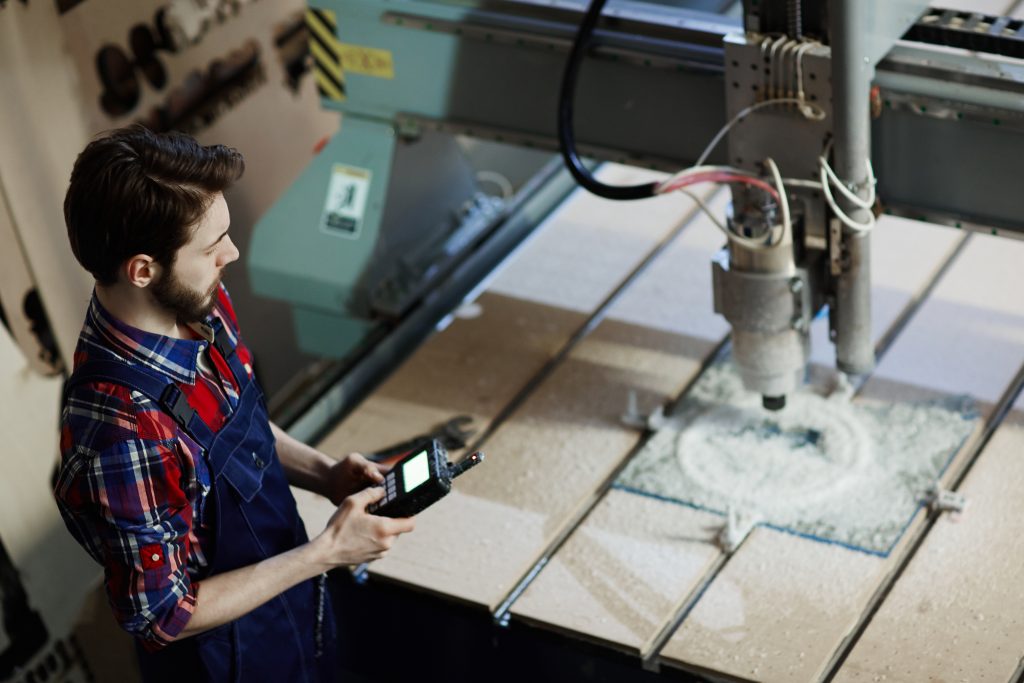
Vacuum casting is an efficient prototyping technique for producing high-quality, detailed replicas quickly and cost-effectively. It is ideal for small to medium quantities of functional plastic parts that closely resemble the finish and precision of injection-molded products. This method accurately replicates fine details and textures, making it perfect for functional testing, proof-of-concept models, and test marketing.
Our rapid vacuum casting service delivers fast turnaround with exceptional fidelity, supporting a wide variety of materials and finishing options to meet diverse prototyping requirements. This approach allows product developers to accelerate the development process while ensuring high quality and precision.
Specifications:
With vacuum casting, you get versatile, accurate, and cost-effective prototypes that help validate designs and reduce risk before mass production.
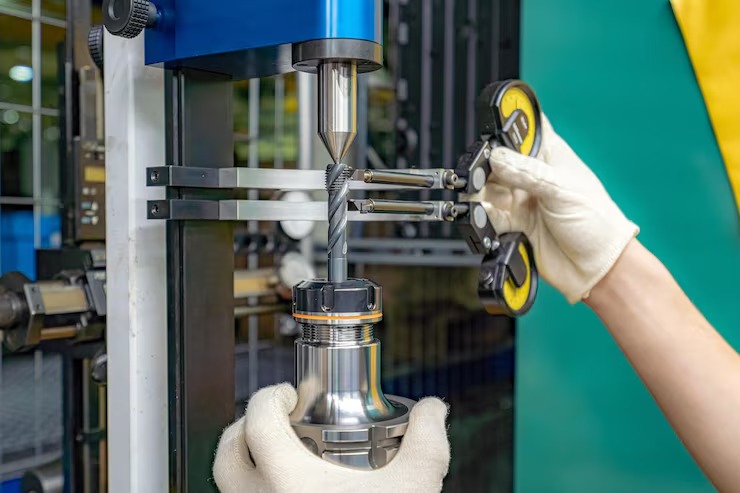
Injection molding is an ideal prototyping method for producing durable, consistent parts suitable for extensive testing and high-fidelity product evaluation. It is particularly useful for creating temporary bridge tooling during product launches or for parts that require strict material properties and mechanical performance.
Rapid prototype injection molding can typically deliver initial parts within 2–3 weeks, with expedited services reducing lead times to as little as five days. This method offers high repeatability and precise near-final shapes, making it a reliable choice when 3D printing or CNC machining cannot meet specific design or performance requirements.
Specifications:
Injection molding prototypes provide accurate, high-quality parts that accelerate product development and enable thorough testing before full-scale production.
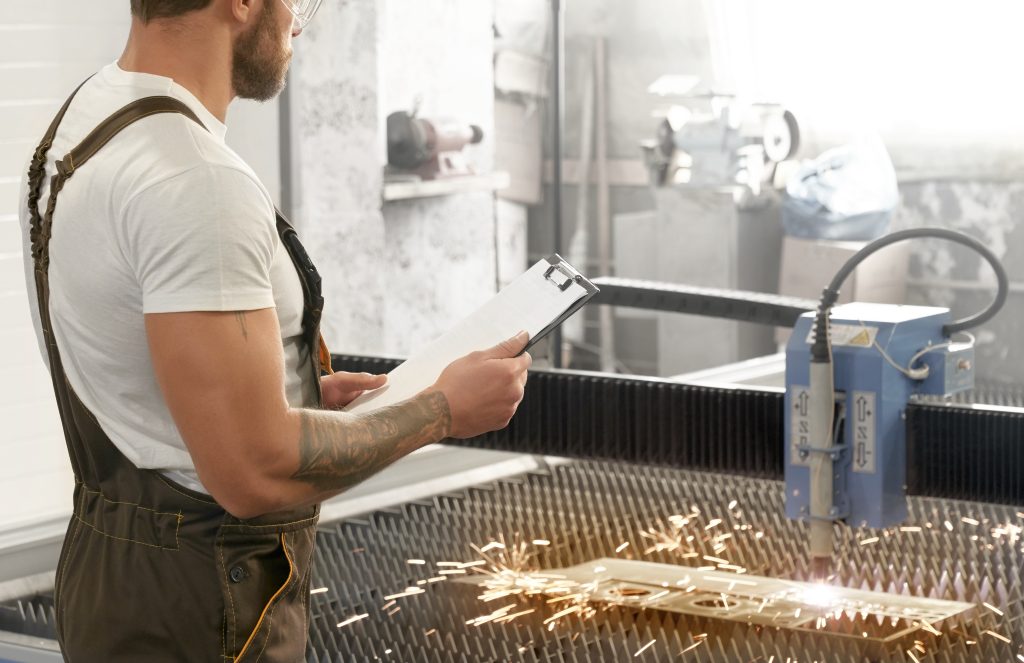
Sheet metal prototyping is an ideal solution for creating flat or formed metal parts quickly, allowing designers to test their products in their final material form. This method is fast, cost-effective, and efficient, enabling multiple prototype designs to be fabricated simultaneously. Common materials include Aluminum 5052, as well as steel, stainless steel, and copper.
Our rapid sheet metal prototyping service delivers high-quality parts with precise tolerances and a fast turnaround, typically within 1–2 business days. With advanced processes and a wide material selection, prototypes are produced to meet exact specifications, helping keep your development schedule on track while controlling costs.
Specifications:
This approach ensures reliable, precise, and high-fidelity sheet metal prototypes, perfect for testing, validation, and rapid product development.
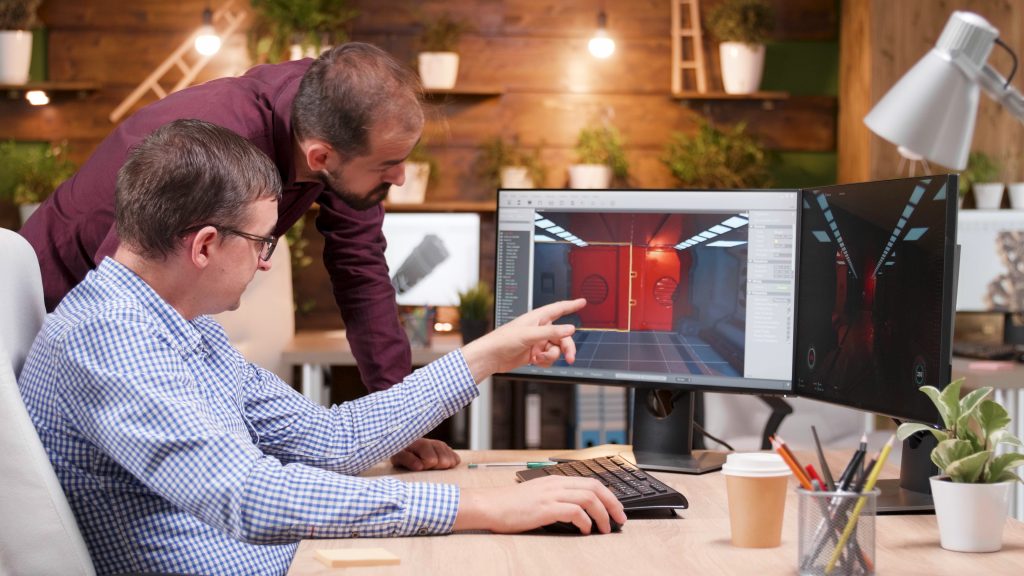
3D printing is one of the fastest and most cost-effective methods for rapid prototyping, enabling quick creation of prototypes often ready within 1 day, depending on complexity. It allows designers and engineers to evaluate form, fit, and function efficiently, reducing development time and cost.
The primary 3D printing technologies for prototyping include:
Selective Laser Sintering (SLS): Offers versatility, good mechanical properties, high resolution, and cost efficiency.
Stereolithography (SLA): Provides exceptional surface finish and accuracy, ideal for detailed and clear parts.
Fused Deposition Modeling (FDM): Best for larger parts using engineering thermoplastics such as ABS, PC, and ULTEM, capable of producing components up to 36” in a single piece.
This 3D prototyping approach ensures fast, precise, and reliable parts that support rapid product development from concept to functional testing.
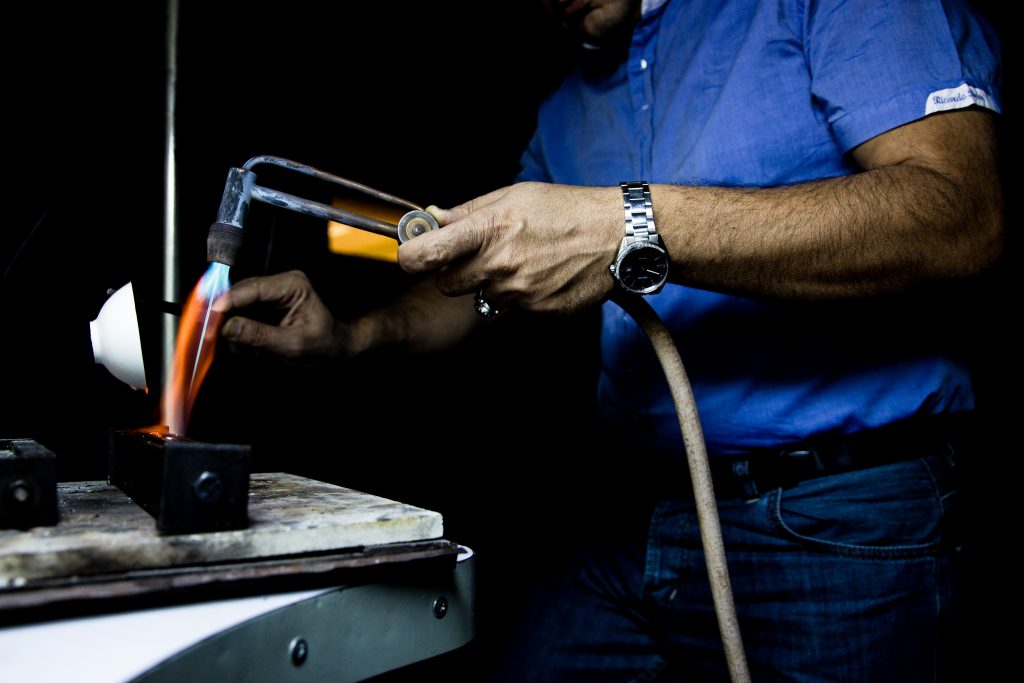
Vacuum casting is an efficient prototyping method for producing high-quality, detailed replicas quickly and cost-effectively. It is especially suited for small to medium quantities of functional plastic parts that replicate the look and performance of injection-molded products. This process accurately reproduces fine details and textures, making it ideal for functional testing, proof-of-concept models, and test marketing.
Our vacuum casting service delivers fast, precise, and reliable prototypes, with a variety of materials and finishing options to meet diverse project needs. This approach accelerates product development while ensuring high fidelity and consistent quality in every part.
Specifications:
Each design is carefully reviewed to ensure feasibility, precision, and performance, with optimized processes that deliver high-quality results and short lead times.
We support a wide range of custom aluminum profile types, such as:
Rapid prototypes are produced quickly, allowing immediate testing, feedback, and design adjustments. This accelerates the overall product development cycle and reduces time-to-market.
Prototyping helps validate design concepts and engineering specifications, ensuring parts meet functional and performance requirements before moving to Production.
Once prototypes are approved, the process for high-volume production is streamlined, maintaining quality standards while meeting production deadlines efficiently.
Rapid prototyping is the process of quickly creating physical models or functional parts from a design concept using technologies like 3D printing, CNC machining, vacuum casting, or injection molding. It allows designers and engineers to test, refine, and validate products early in development.
The production speed depends on the technology and complexity of the part. Simple 3D-printed prototypes can be ready within 1 day, while CNC-machined or injection-molded prototypes may take a few days to a couple of weeks.
A wide range of materials can be used, including plastics, resins, metals, and composite materials. Material choice depends on the required mechanical properties, finish, and intended testing of the prototype.
Yes. By creating functional prototypes early, designers can identify and fix design issues before mass production, reducing the risk of costly errors and minimizing material waste.
Yes, prototyping is an essential step in aluminum extrusion development. Before full-scale production, prototypes are created to verify fit, form, and function. This helps identify design improvements, optimize die geometry, and test mechanical properties. Low-volume or sample extrusions can be produced quickly to help reduce risk and ensure design accuracy before committing to mass production.